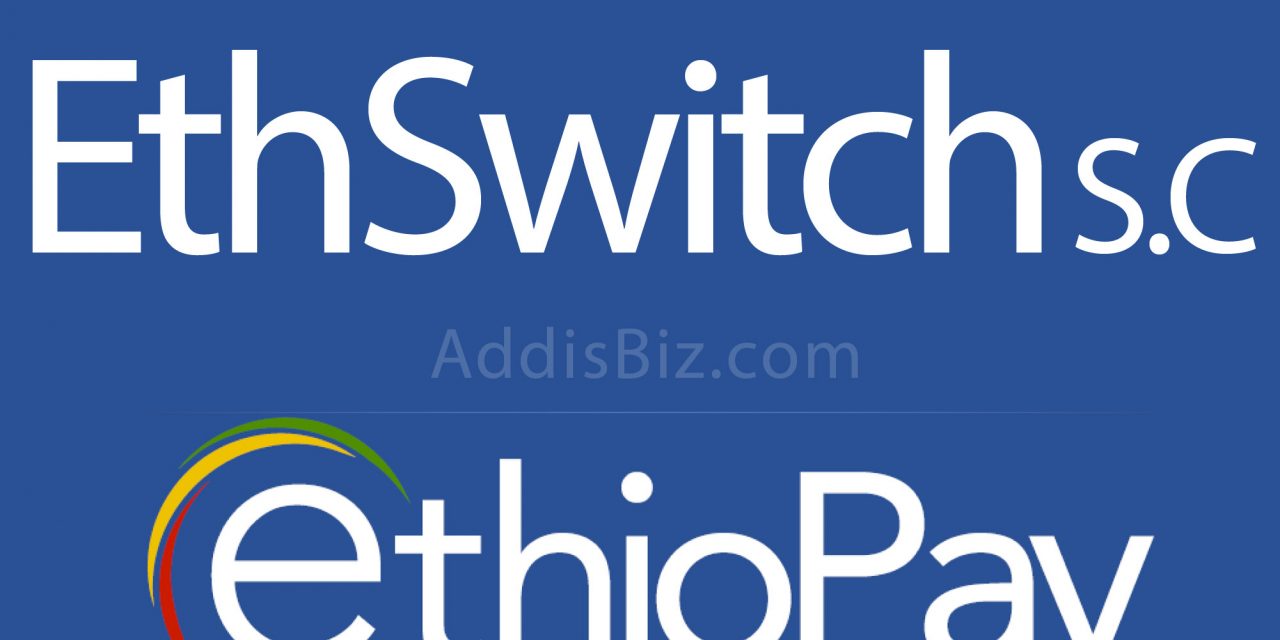Eth-Switch S.C. has posted a net profit of 12.6 million Br for the year 2019, the first positive record in the company’s history.
A consortium formed by all banks to integrate the national electronic payment system, the company has been operating in successive losses since its launch of operations in 2015, three years after its establishment with a registered capital of 80 million Br.
The increase in transaction volume and the increment in the payment for transactions since January 2019 are among the factors for the gain, according to Yilebes Addis, who became CEO of the company on December 3, 2018, after the founding CEO, Bizuneh Bekele, resigned.
“We’ve changed the GAAP [Generally Accepted Accounting Principles] audit system, and we’ve been using IFRS [International Financial Reporting Standards],” said the CEO.
The number of transactions hosted by Eth-Switch has reached 11 million, with 30 million balance inquiries and a total of 10 billion Br in cash transactions in the last year. This has shown a 72pc increase in the number of transactions and a 60pc increment in cash transactions from the preceding year.
”The company has decided to raise its capital to 600 million Br from its current capital of 220 million Br within two years,” Yilbese told Fortune. “This will enable the company to have its own building and add new systems that enhance its database to handle the expansion of the company.”
Currently, the company is working with 56 employees, renting the third and fourth floors of Nega City Mall for two million Birr a year.
Three small or micro enterprises have shares in the company, while two have applied to buy shares and 33 others showed interest in joining the company.
The company expects that new banks and small and micro-enterprises that are under formation will soon join the company.
Amhara, Gadaa, Zad, Rammis, Zemzem, Hijira and Nejashi are among the banks which are under the process of formation.
“Our next move will be to work on other e-commerce platforms like mobile and internet channels,” said Yilbese.
The company launched the belated national e-payment switch, Ethio-Pay, that works on Automated Teller Machines (ATMs) and Point of Sale (PoS) terminals in May 2016. Eth-Switch is waiting for the approval of the National Bank of Ethiopia (NBE) to launch an interoperable PoS purchase system that will enable customers to access PoS machines at any bank.
In the last fiscal year, the company has issued 110,000 Ethio-Pay cards, 38pc more from the preceding year.
Since many e-commerce and electronic payment systems are flourishing, there has to be a directive that governs electronic transactions to avoid fraud, according to Mingiziem Misganaw, a founder & CEO of Hulumale e-commerce and a lecturer at the University of Gonder’s Department of Information Technology.
“An integrated electronic payment system, like Eth-Switch, has to improve the technical problems and the associated hassle that customers face while using ATMs,” he says.
The expert observed that sometimes transaction disputes occur, and the machines deduct the requested amount from the balances of customers without actually issuing the money. This issue takes plenty of time to reconcile.
“This has to be corrected,” he recommends.




